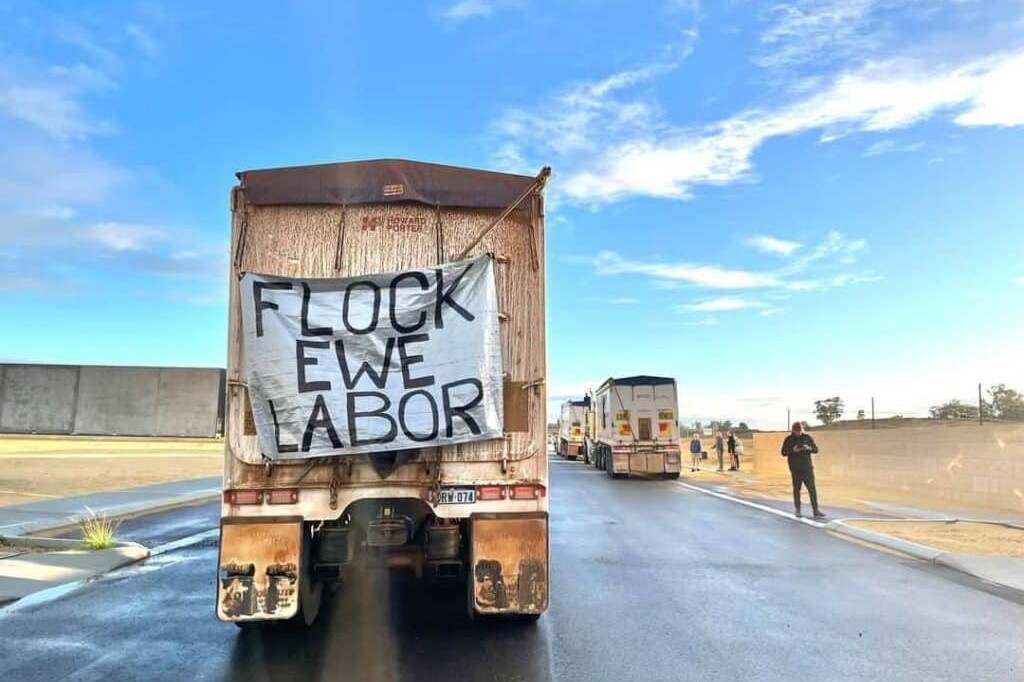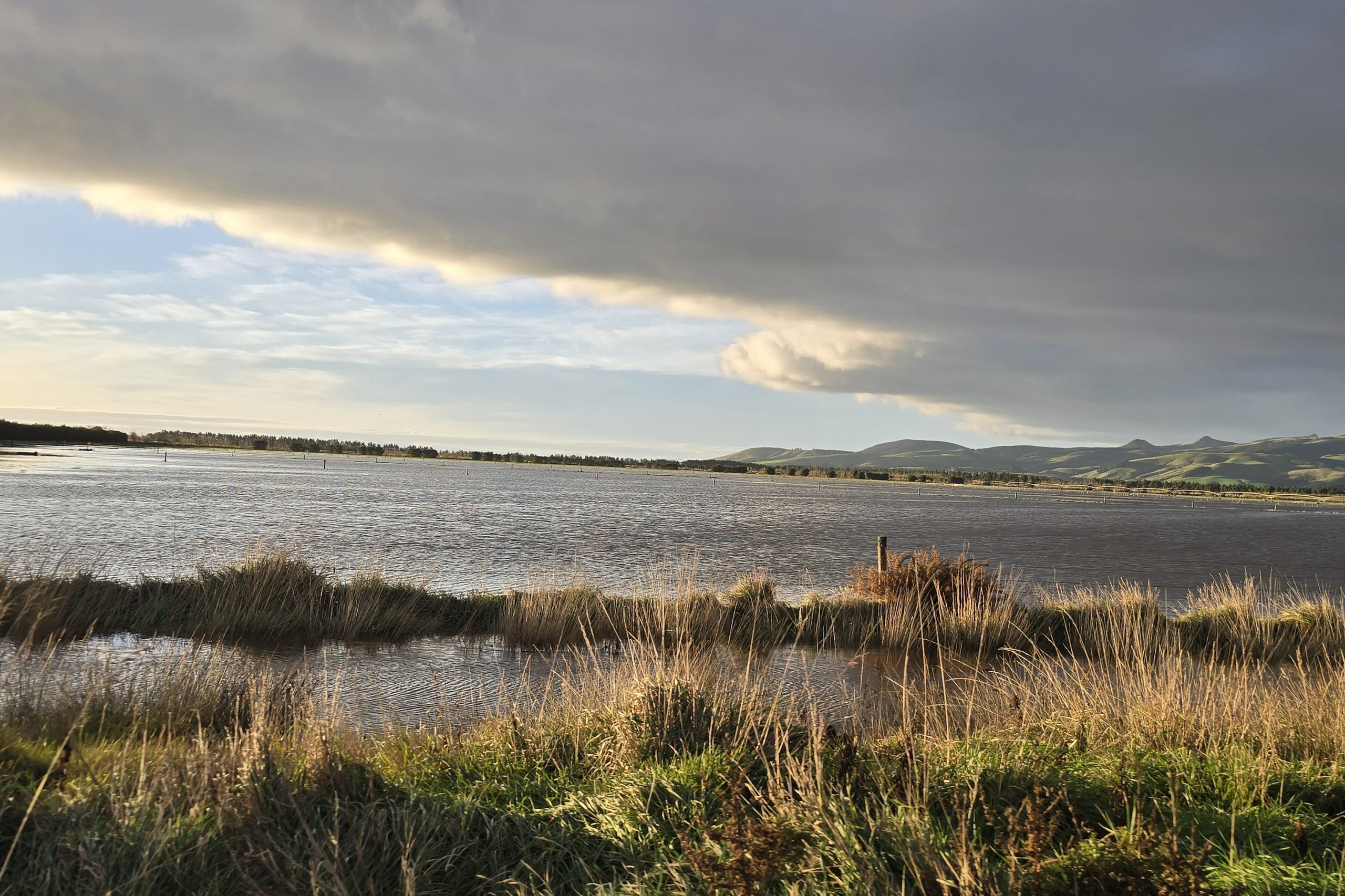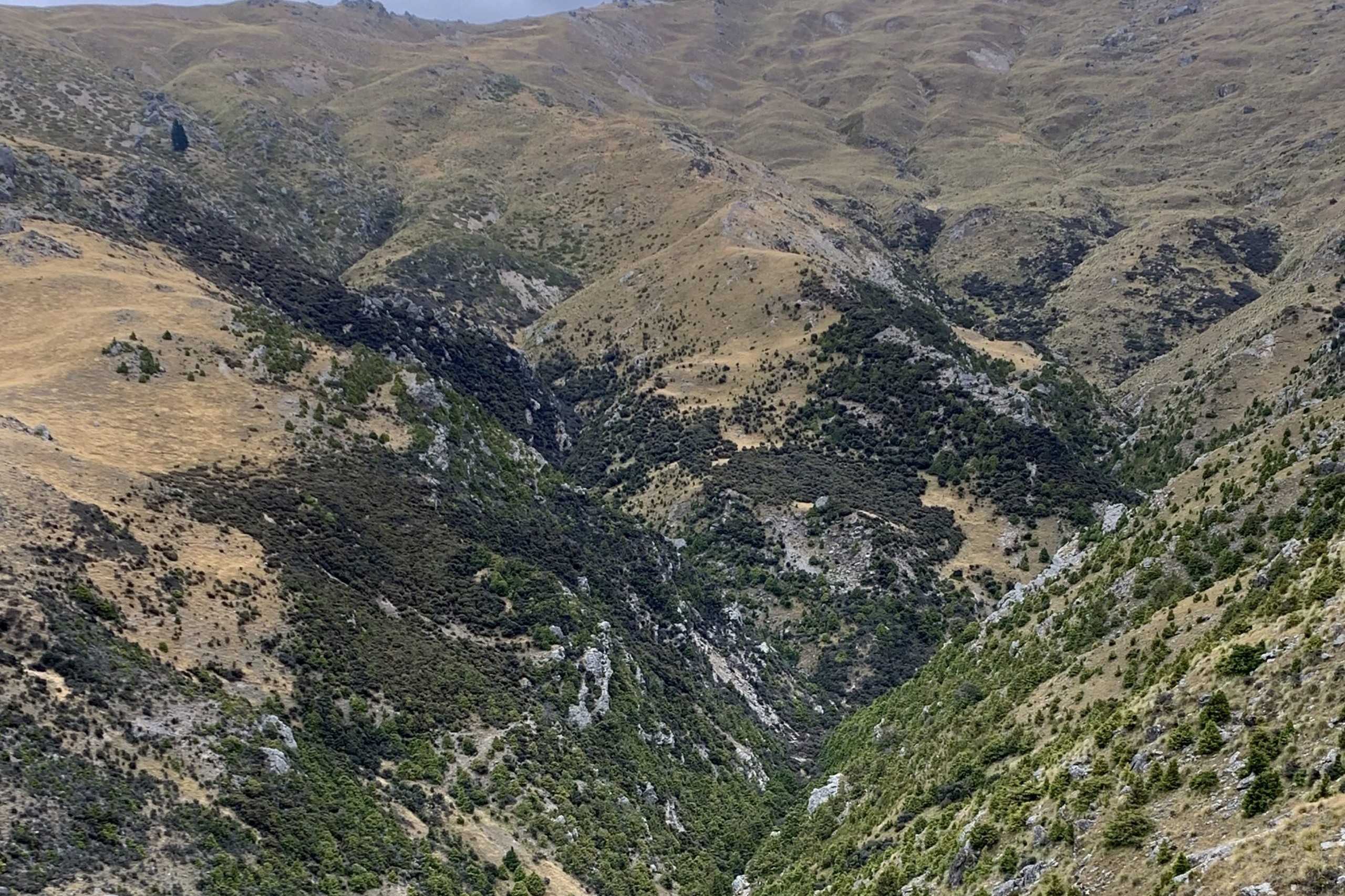After a lifetime in farming, Nick Loughnan looks forward to being wanted again.
In our time of farming, Faith and I have known the ups and downs of affairs – not those that involve other people’s hearts. We’ve been together for 45 years. No, these affairs at their peak were about being needed and valued to the point of privilege, just because of what we do. We’re farmers.
At the start of our career, we certainly belonged to a privileged bunch. Deciding we wanted to own our own farm, but with neither of us having chosen parents who already had one, we had to start from scratch. Yet there were great incentives for us in our early 20s to get the breaks.
Governments had, for decades through different schemes, been developing extensive tracts of marginal land, subdividing these into smaller ‘economic’ units, complete with new dwellings, sheds, yards and fences, and then balloting them off.
With a minimal deposit, and qualifications of experience and/or relevant educational attainments, aspiring young farming couples like us could enter for the lucky draws. And the necessary financial backing also came from another government entity – the Rural Bank, dedicated to providing capital at discounted rates to the farming sector.
This was the decade of the 1970s, where financial incentives through cheap loans, tax breaks and subsidies drove programmes such as Land Development Encouragement Loans, Livestock Incentive Schemes, and SMPs (supplementary minimum prices) which were an embarrassingly huge handout.
The tax breaks then available on livestock values quickly saw an extraordinary surge in deer fencing. Even city dwellers with a tax problem could see it vanish simply by buying a few deer with the over-generous standard value writedowns on offer.
The politicians’ affair with farmers ended with an abrupt and extremely painful divorce as Roger Douglas introduced his ‘free market reforms’ in the mid 80s. The Rural Bank’s loan book was sold off, subsidies were removed overnight, livestock standard values were revised and interest rates soared to near 20%.
It was a savage separation for the farming sector from a once-generous state partnership. Many farms were no longer able to afford their ‘married couple’ help, and rural school rolls dropped as these families drifted out of the districts.
Schools, services and stores closed, land, stock values and farm incomes plummeted, and a wave of tragic farmer suicides affected many communities.
Rural New Zealand had not seen this separation coming and it was traumatic.
Yet these times gave birth to some extraordinary gains. By necessity, farmers had to survive and efficiencies had to improve. Production increases across all classes of livestock resulted, from lambing percentages, growth rates and carcass conformation to velvet production, with the science of genetic improvement through breeding value databases underscoring the gains.
The results in NZ are impressive when viewed against the massive taxpayer subsidies that most northern hemisphere farmers still receive to maintain production, let alone allow them to just remain solvent. European farm holdings are typically small by comparison, and their subsidies have stifled the innovation that has occurred here over the last 30 years.
But the pendulum is swinging back with our Government courting farmers again. As the international tourism industry has totally collapsed, and our team of five million no longer has the other inbound touring team of four million to help us pay our bills, the spotlight is falling on farmers.
We are loved – we are valued – almost all is forgiven.
Please, just ramp things up again guys. We will help you with irrigation projects, we will send new jobseekers your way, quite possibly with financial inducements to take them on. We might even forget about the livestock methane thing for a while.
But serious credit must be given where it is due. This global health crisis has been handled here in a way that has the rest of the world singularly impressed. The Mycoplasma bovis battle too has been largely won, and there is an intriguing link. A recent visitor to our farm was an epidemiologist who was working on the bovis eradication project. He claimed the tracing systems developed for infected cattle enabled rapid secondment of experienced people to assist with setting up the Covid-19 tracing systems. It is great how Kiwis can adapt.
We still have an extraordinarily challenging time ahead of us as a nation, and it looks as though as farmers, we are going to get some high-level encouragement to help agriculture help the country.
I’m beginning to feel quite heady already…





